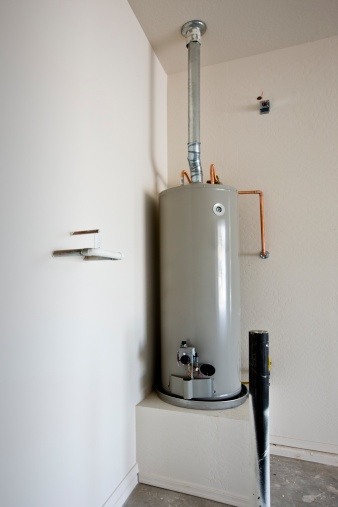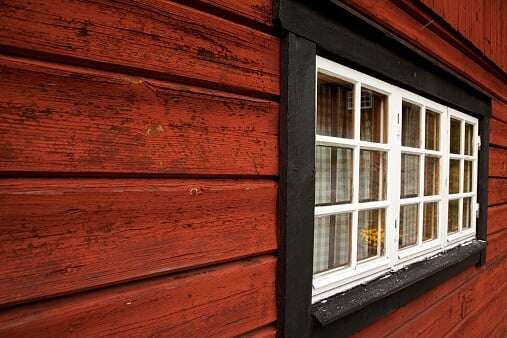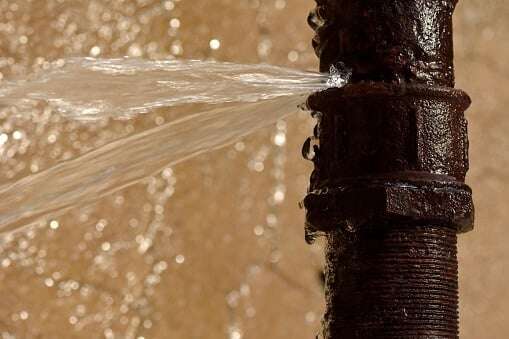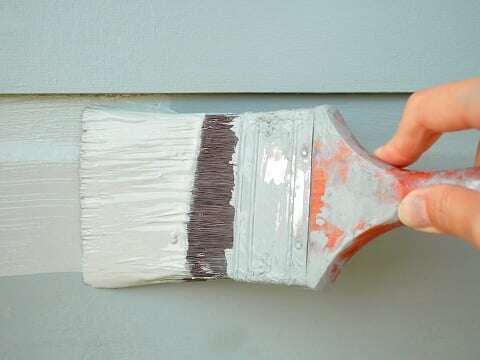 When the subject is protecting your home from water damage, it's easy to overlook the utility room – the room that houses your furnace, humidifier, dehumidifier, water heater and water softener.
When the subject is protecting your home from water damage, it's easy to overlook the utility room – the room that houses your furnace, humidifier, dehumidifier, water heater and water softener.
As we turn to the fourth in a series of home maintenance tips articles on protecting your home from water damage, it's easier to associate your kitchen, bathrooms and laundry room with water usage. But potential water damage also lurks in your utility room. (We realize that these units might be located in your basement, rec room or mud room, but Experts In Your Home will refer to this multi-purpose room as a utility room to keep things simple.)
No Substitute for Yearly HVAC Maintenance
You already know – because Experts In Your Home has written extensively about – the importance of yearly furnace and air conditioning tune-ups and monthly filter checks to keep your heating, air conditioning and ventilation system in peak condition. It's interesting to note that even when the subject shifts to water damage, these two proactive steps also are endorsed by the Institute for Business & Home Safety.
“Because most gas heating systems also generate water during combustion, proper ventilation and periodic maintenance of your furnace will help ensure that water is properly vented or drained away,” it says. “Monthly replacement of HVAC filters saves money on your heating and cooling costs as well as reducing the potential of moisture-related growth.”
That's a good point. Let the licensed plumbers pass along other home maintenance tips about your utility room to spare you potentially thousands of dollars in water damage – and at a time when insurers often reject claims if they can prove that the homeowner failed to take steps to prevent the damage in the first place.
Heating System
- Check all the vents to ensure proper fit, the free flow of exhaust air to the outdoors and the absence of rust or holes.
- Inspect all seals on through-the-wall juncture points for fuel lines, ducts and electrical systems and replace them, if necessary.
Cooling System
- Regularly check and clean the cooling drainage pan.
- Flush dust and particulates that can settle in the drainage pan by pouring some water mixed with a few tablespoons of bleach down the drain twice a year – in the spring and in the fall.
Other HVAC Components
- Check the drain on your dehumidifier and clean the coils regularly.
- Inspect the through-the-roof penetration points on attic and whole-house fans periodically to ensure that flashings and sealants are in good condition. Look for signs of staining or water intrusion. If you can see daylight at these points, there is a potential water damage problem you should not ignore. Call Experts In Your Home for a consultation immediately.
- Clean the evaporator pad of a whole-house humidifier monthly. Replace the pads at the end of each heating season to prevent unwanted biological growth.
- Check the filters, watering pad, reservoir, pump and water connections of an evaporative cooler twice each month during the summer. Hard water can quickly damage these systems. Demineralizing treatments and annual pad replacements are crucial.
Water Heater
- Inspect the water heater tank regularly for rust – a sign of imminent tank failure.
- Turn off the water and power supply if you see leaks at the inlet or outlet pipes and repair them immediately.
- Ensure that the area around the tank is clean and dry; dampness is a sign of trouble (or even a looming tank rupture) that should be repaired promptly.
- Check the valve periodically for signs of rust or dampness, both of which should be further investigated by Experts In Your Home.
- Treat the drain pan as you do the drain on your cooling system to maintain a clean and free-flowing drain.
Water Softener
- Inspect the area around the tank regularly for signs of leaks, and make any repairs immediately.
Water has been described as one of the most corrosive elements in your home, and Experts In Your Home agrees. If you spot moisture, water stains, mildew, mold, drips or leaks, call us immediately so that we can trace the source of the problem – and make the repairs that will protect your home from water damage and your household budget from a flood of financial damage. We offer a comprehensive 27 point plumbing inspection to give you peace of mind.
We hope that you have found these home maintenance tips helpful. For more on plumbing help in your home click below:








